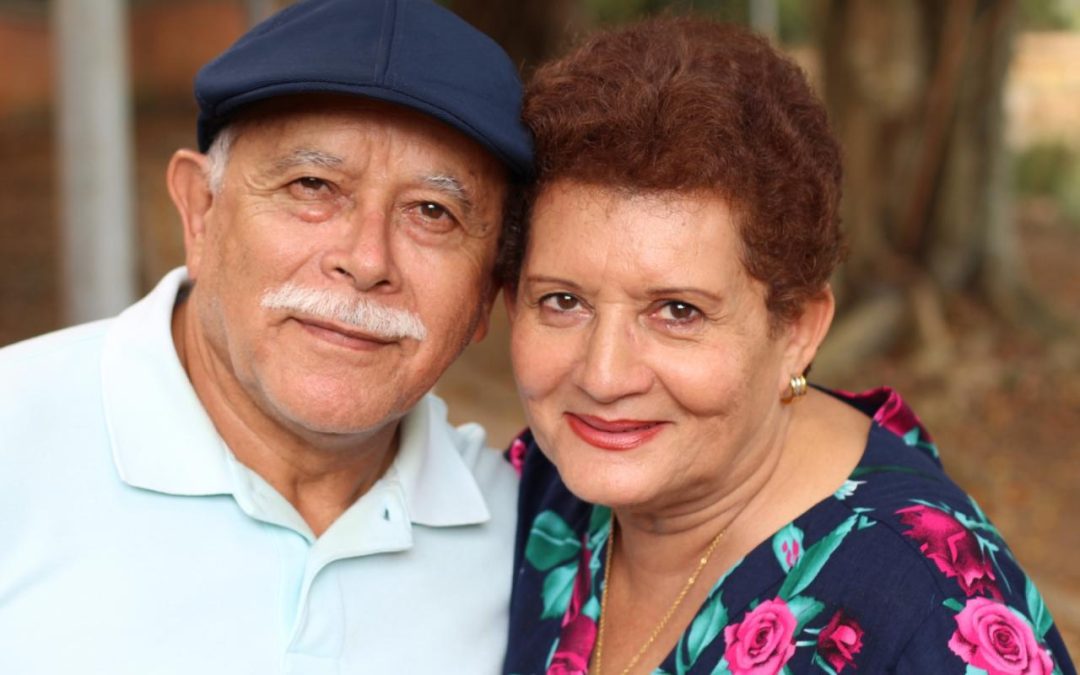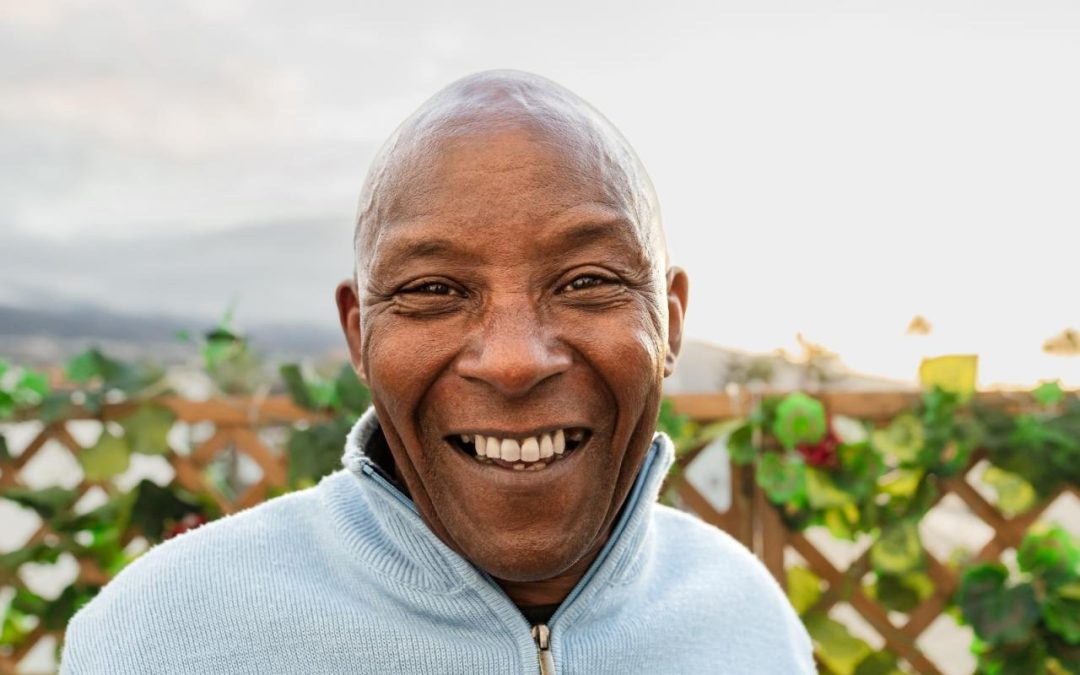Guidelines lay out how to connect elders with HIV to services and educate service providers on HIV.

Generations Today, vol. 45, no. 3 (May-June 2024)

Guidelines lay out how to connect elders with HIV to services and educate service providers on HIV.

On how to support this document and prioritize the voices of people living with HIV in efforts to end the domestic epidemic.

Detailing the path to developing a Social Work Certification in HIV and Aging.

People who are long-term survivors with experience and strategies for aging with HIV are central to this project.

Amplify their voices and prioritize their needs.

Exploring the journeys of distinguished Black men through the lens of their lived experiences with trauma, PTSD, loss and stigma, using visual narratives.

Insights from HealthHIV’s Pozitively Aging program.
Generations Today A bimonthly digital publication covering current trends and people impacting the field of aging through OpEds, feature articles, profiles, and first-person pieces.
Generations Today, vol. 45, no. 3 (May-June 2024)
The convergence of HIV and aging presents a multifaceted landscape where policy advocacy holds immense potential to shape the experiences of older people who are living with and affected by the virus. In the United States, the demographic profile of HIV is rapidly...
Since 1981 there has been an incredible transformation in the care of individuals diagnosed with Human Immunodeficiency Virus, or HIV. Gone are the days when a diagnosis meant imminent death. Today, people living with HIV can expect to live an average lifespan of 73...
Most people living with HIV are now ages 50 and older. These older people living with HIV and AIDS (OPLWHA) are living longer and face challenges associated with the natural aging process, in addition to challenges related to living with HIV. HIV prevention, care and...
Aging with HIV is a complex mix of long-term treatment effects, early onset of aging, comorbidities and other confounding factors, including mental health and psychosocial factors, which affect quality of life. Older people with HIV (OPWH) have experienced tremendous...
Research on individuals aging with HIV/AIDS has revealed a significant truth: for many, HIV itself is no longer the primary concern. Instead, the focus shifts toward managing the long-term health implications stemming from decades of living with the virus and its...
The world of HIV has traversed a transformative journey spanning more than four decades, marked by a shifting landscape of terminology and attitudes. In this journey, terms like “adherent,” “undetectable,” and “one pill therapy” have emerged, alongside a concerted...
HealthHIV's Pozitively Aging program works to improve access to services and care coordination for People with HIV (PWH) who are older than age 50, and to improve their health outcomes and quality of life. Through enhancing care coordination, access, engagement,...